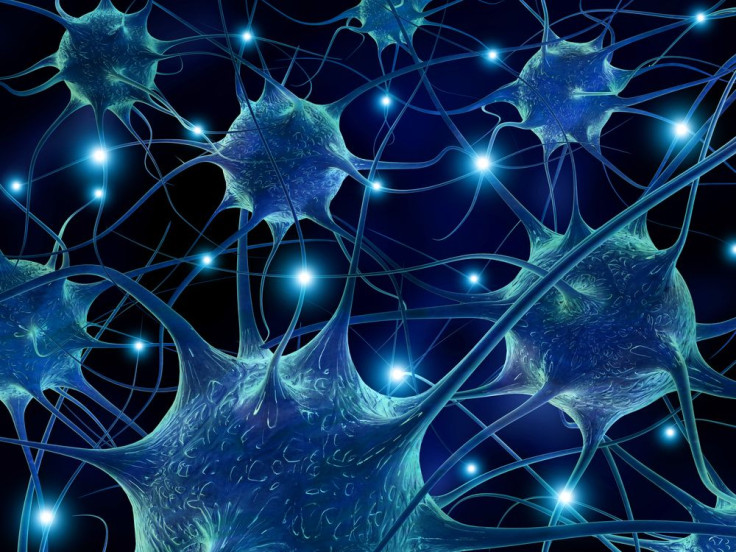Memory Loss May Be Temporary: New Theory On Where Memories Are Stored Could Lead To Alzheimer's Treatment

Neuroscience teaches that memories are formed and stored in the synapses of our brains. When the delicate connections are destroyed, the memories are forever lost. One University of California, Los Angeles scientist has recently proposed a theory that suggests memories are neither formed nor stored in the synapses. His theory, though radical, is backed by some pretty concrete evidence and may mean that memory loss is a temporary, not permanent, problem.
“Long-term memory is not stored at the synapse.” This single theory, recently relayed by Dr. David Glanzman in a UCLA press release, could potentially change everything scientists know on the formation and loss of memories.
As reported by The Huffington Post, the traditional stance on memory is that memories are stored in the brain’s synapses. These connecting points between neurons are one of the first areas of the brain damaged by Alzheimer’s disease, leading doctors to hypothesize that memory loss witnessed in Alzheimer’s patients was caused by synapse destruction. But if the memories are not actually stored in the synapses, as previously believed, then the cause for memory loss must lie elsewhere.
In a recent study, Glanzman and his team were studying neuroactivity of the aplysia, a type of sea snail with significantly large and easy to observe neurons. According to the team, the brain synapses in the marine snail are very similar to those in humans.
In their observations of aplysia neurons in a petri dish, they found long-term memory to be a function of the growth of new synaptic connections, caused by the release of serotonin in the nervous system. The team also came across another remarkable discovery: Seemingly erased memories returned to the snails with no clear correlation to synapses.
According to the press release, if memories were stored in the synapses, then the scientists would have found that the lost synapses were the same ones to be restored. This was not the case, leading the researchers to conclude that synapses actually didn’t store the memories in the first place.
“We think it’s in the nucleus of the neurons. We haven’t proved that, though,” Glanzman said.
The study, although in its preliminary stages, could mean that memory restoration may be fully possible. The nervous system of the snails appeared to regenerate some synaptic connections and, theoretically, if these connections can be restored, then the memories will.
Glanzman told The Huffington Post he believes his study could mean great things for future research into treatments for disorders such as Alzheimer’s disease and post-traumatic stress disorder.
“As long as the neurons are still alive, the memory will still be there, which means you may be able to recover some of the lost memories in the early stages of Alzheimer’s,” he said.
In later stages of Alzheimer’s disease, the actual neurons die, and Glanzman believes that at this point memory restoration may no longer be possible.
Source: Glanzman DL, Chen S, Cai D, Pearce K, Sun P Y-W, Roberts AC. Reinstatement of long-term memory following erasure of its behavioral and synaptic expression in Aplysia. eLife. 2014.
Published by Medicaldaily.com



























